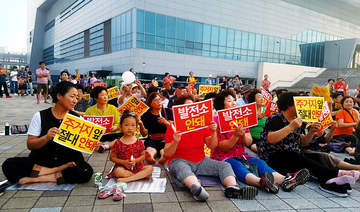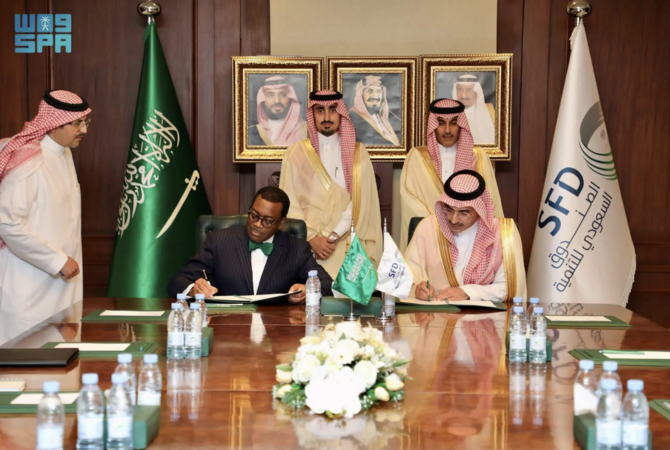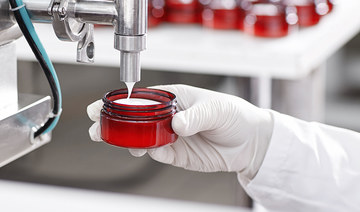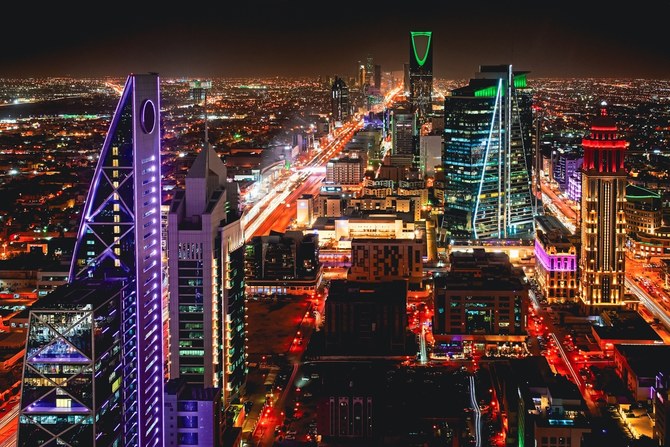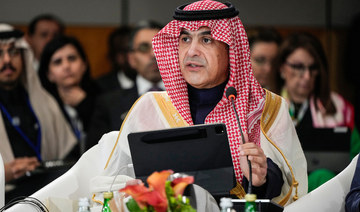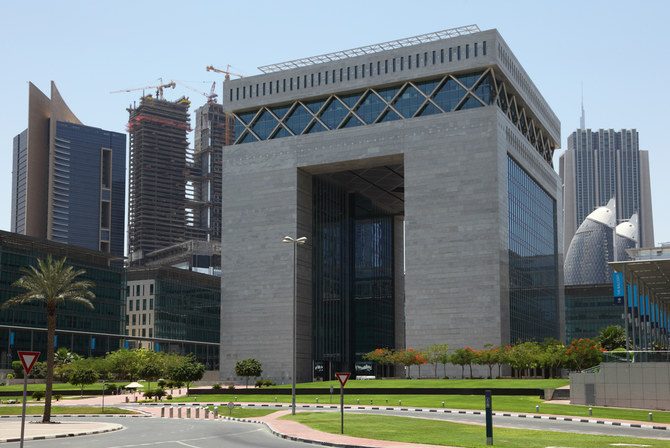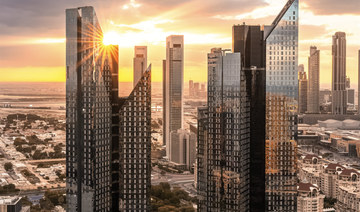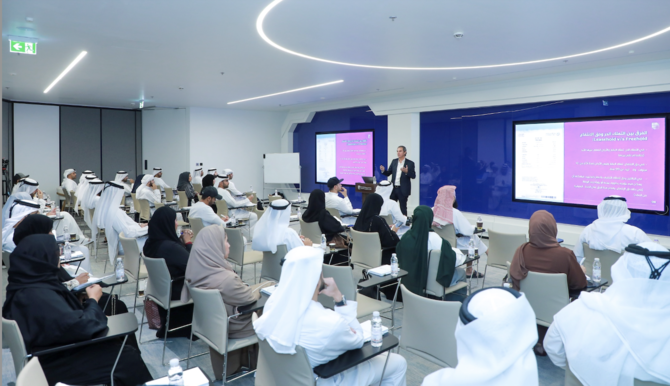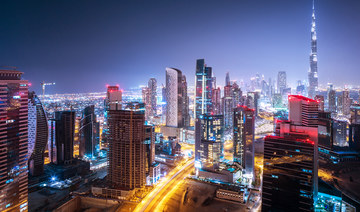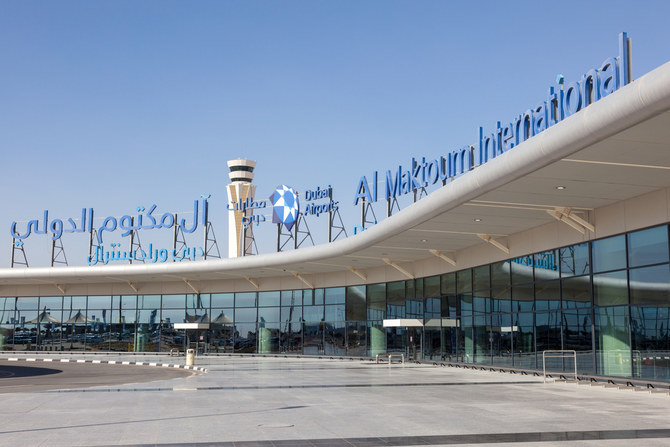SEOUL: In 2018, South Korea’s SK Innovation beat its larger, local rival LG Chem to a multibillion-dollar deal to supply German carmaker Volkswagen with electric vehicle batteries in the US.
With great fanfare, SK Innovation (SKI) broke ground in March on a $1.7 billion factory in Commerce, Georgia, about 200 km from VW’s Chattanooga plant, which will be the automaker’s electric vehicle hub in the US.
LG Chem (LGC) had other ideas.
Stung by missing out on the VW deal to the new kid on the block and the departure of 77 employees for its rival across the Han River in Seoul, LGC took SKI to court in the US in April accusing it of misappropriating trade secrets.
Fast forward seven months and the two firms have hit each other with US lawsuits for battery patent infringements in a bitter row that threatens to disrupt the launches of electric vehicles (EVs) by some of the world’s biggest carmakers.
US court filings reviewed by Reuters show the feuding firms are trying to stop each other from importing and selling EV batteries destined for the SUVs VW will build in Tennessee as well as GM’s Bolt, Ford pickups, Jaguar’s I-Pace, Audi’s e-tron and Kia Motor’s Niro.
At stake is the Korean firms’ ability to supply automakers in the US with batteries just as the car producers are scrambling to lock in supplies with lucrative contracts ahead of an expected surge in demand, according to court filings by the two companies and several industry experts.
“Whoever loses the fight would suffer a fatal blow, unless the two reach a settlement. This will also be a setback for automakers,” said Cho Jae-phil, a professor at Ulsan National Institute of Science and Tecnology who worked previously at another Korean rival, Samsung SDI.
Ford spokeswoman Jennifer Flake said that it was encouraging LGC and SKI to resolve their conflict without litigation and that it believed there was sufficient demand for multiple suppliers.
“We are aware of the issue. As a normal course of action, we have business continuity plans in place to protect our interests,” Flake said in an emailed statement to Reuters.
GM spokesman Patrick Morrissey said that the company was aware of the dispute and at this point it did not expect any impact on the production of its Chevy Bolt electric vehicle.
Kia, Jaguar Land Rover and Volkswagen, which also owns Audi, declined to comment.
Volkswagen has said that it is worried there will not be enough batteries for all the EVs it plans to launch in the next five years, partly because producers such as LGC and China’s CATL do not
have enough skilled workers for new plants in Europe to ramp up output quickly.
According to Korea’s battery industry tracker SNE Research, the market for EV batteries — the most expensive and important component in the vehicles — is set to grow 23 percent a year to reach $167 billion by 2025, making it bigger than the global memory-chip market which is expected to be worth $150 billion by then.
In one court filing, LGC said its rival poached employees working on its own project to supply batteries for VW’s MEB electric vehicle architecture — and that SKI only won the VW contract because it had misappropriated trade secrets.
SKI has denied stealing trade secrets, saying its staff signed agreements not to use information from former workplaces. “We value intellectual property,” a spokesman for SKI said.
If the US International Trade Commission (ITC) rules in favor of LGC on June 5, when it is due to make a preliminary ruling, that could jeopardize SKI’s plans to supply VW in the US with batteries from Georgia or a new factory in Hungary, according to court filings.
In April, LGC asked the ITC to block SKI from bringing batteries and components into the US, as well as manufacturing systems needed for US production which is scheduled to start in 2022.
HIGHLIGHTS
• SK Innovation and LG Chem locked in US legal battles.
• Automakers worried the feud will hit battery supplies.
• Ford encouraging the companies to bury the hatchet.
The SKI spokesman said that there had been no change to its schedule for the factory, which will have the capacity to make batteries for more than 200,000 EVs a year. He said SKI had received inquiries about the lawsuits from customers, including if they would have an impact on supplies, without elaborating.
LGC said that a final ruling on the case would be made on Oct. 5 next year but it asked the ITC earlier this month to make a so-called default judgment against SKI quickly.
According to a memo obtained by Reuters on Wednesday, the Commission’s investigative staff recommended a motion in favor of LGC as it is “the most appropriate sanction for Respondents’ (SKI’s) widespread spoliation of evidence.”
Evidence spoliation is destruction or alteration of evidence that may be used in a legal proceeding.
The staff also said that a two-day hearing may be held “because of the severity of the allegations of misconduct and the extra- ordinary nature of the relief requested by (LGC).”
SKI denied the allegation of evidence spoliation in a statement on Wednesday, saying it is “sincerely responding to any investigation by the ITC” and its statement of position filed with the panel will clear the “groundless” accusation.
The patent infringement lawsuits lodged by the companies in the US, meanwhile, mean that if one, or both, lose they probably will not be able to market products using the patents in question in the country, the companies said in court filings. The two have taken their feud to South Korean courts as well.
LGC said in a statement that it would impossible to design around its patents while SKI said that losing the patents case could create “substantial setbacks” to its battery business.
SKI and LGC said there had been no supply disruptions yet.
LGC was an early industry force to be reckoned with, winning a deal in 2008 to supply batteries for GM’s Volt, the world’s first mass-market, plug-in hybrid car, and it has since worked with almost
every EV maker including Tesla.
But LGC has been grappling with an exodus of workers: 1,258 staff jumped ship from 2016 to 2018, according to its sustainability reports. The company told Reuters the total number of staff who have joined SKI since 2016 has risen since it filed its complaint in April to about 100.
The bitterness of the fight is worrying Korean government officials on the grounds it could damage the firms’ reputations and let rivals win market share from South Korean companies.
Lawmakers have called on the government to intervene and Industry Minister Sung Yoon-mo said in October that it was watching the dispute closely to see how and when it could play a role to bring about a “positive outcome for the country overall.”
Beejay Kim, a battery consultant, said that Volkswagen may have to broker a truce as the dispute could disrupt not only battery suppliers but also reduce competition between its vendors.
“No one wants them to fight till the end,” he said.





